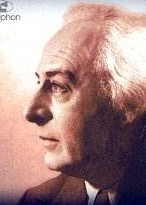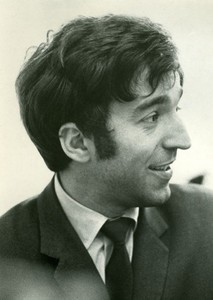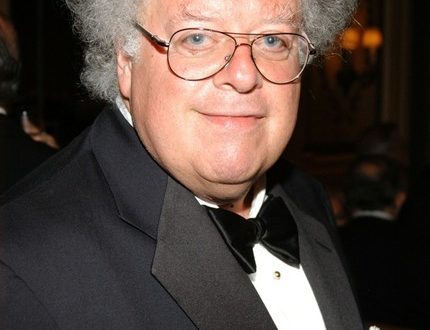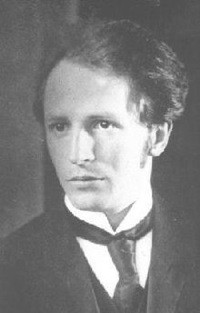
Eugen Szenkar |
Eugen Szenkar

The life and creative path of Eugen Senkar is extremely stormy and eventful even for our time. In 1961, he celebrated his seventieth birthday in Budapest, a city with which a significant part of his life is connected. Here he was born and raised in the family of the famous organist and composer Ferdinand Senkar, here he became a conductor after graduating from the Academy of Music, and here he led the orchestra of the Budapest Opera for the first time. However, the milestones of Senkar’s further activities are scattered around the world. He worked in opera houses and orchestras in Prague (1911–1913), Budapest (1913–1915), Salzburg (1915–1916), Altenberg (1916–1920), Frankfurt am Main (1920–1923), Berlin (1923– 1924), Cologne (1924-1933).
In those years, Senkar gained a reputation as an artist of great temperament, a subtle interpreter of both classical and modern music. Vitality, coloristic mastery and immediacy of experiences were and still are the defining facets of Senkar’s appearance – an opera and concert conductor. His expressive art makes an unusually vivid impression on the listeners.
By the beginning of the thirties, Senkar’s repertoire was very extensive. But its pillars were two composers: Mozart in the theater and Mahler in the concert hall. In this regard, Bruno Walter had a great influence on the creative personality of the artist, under whose direction Senkar worked for several years. A strong place in his repertoire is also occupied by the works of Beethoven, Wagner, R. Strauss. The conductor also ardently promoted Russian music: among the operas he staged at that time were Boris Godunov, Cherevichki, The Love for Three Oranges. Finally, over time, these passions were supplemented by a love for modern music, especially for the compositions of his compatriot B. Bartok.
Fascism found Senkar as chief conductor of the Cologne Opera. In 1934, the artist left Germany and for three years, at the invitation of the State Philharmonic of the USSR, led the Philharmonic Orchestra in Moscow. Senkar left a noticeable mark in our musical life. He gave dozens of concerts in Moscow and other cities, the premieres of a number of significant works are associated with his name, including Myaskovsky’s Sixteenth Symphony, Khachaturian’s First Symphony, and Prokofiev’s Russian Overture.
In 1937, Senkar set off on his journey, this time across the ocean. From 1939 he worked in Rio de Janeiro, where he founded and led a symphony orchestra. While in Brazil, Senkar did a lot to promote classical music here; he introduced the audience to unknown masterpieces of Mozart, Beethoven, Wagner. The listeners especially remembered his “Beethoven cycles”, with which he performed both in Brazil and in the USA, with the NBC orchestra.
In 1950, Sencar, already a venerable conductor, returned to Europe again. He leads theaters and orchestras in Mannheim, Cologne, Dusseldorf. In recent years, the artist’s conducting style has lost the features of unbridled ecstasy inherent in it in the past, it has become more restrained and softer. Along with the composers mentioned above, Senkar began to willingly include the works of the Impressionists in his programs, perfectly conveying their subtle and varied sound palette. According to critics, Senkar’s art has acquired great depth, while retaining its originality and charm. The conductor still tours a lot. During his speeches in Budapest, he was warmly received by the Hungarian audience.
L. Grigoriev, J. Platek, 1969





